The Power of Visual Identity: A Deep Dive into Fashion Logo Design
Related Articles: The Power of Visual Identity: A Deep Dive into Fashion Logo Design
Introduction
In this auspicious occasion, we are delighted to delve into the intriguing topic related to The Power of Visual Identity: A Deep Dive into Fashion Logo Design. Let’s weave interesting information and offer fresh perspectives to the readers.
Table of Content
The Power of Visual Identity: A Deep Dive into Fashion Logo Design
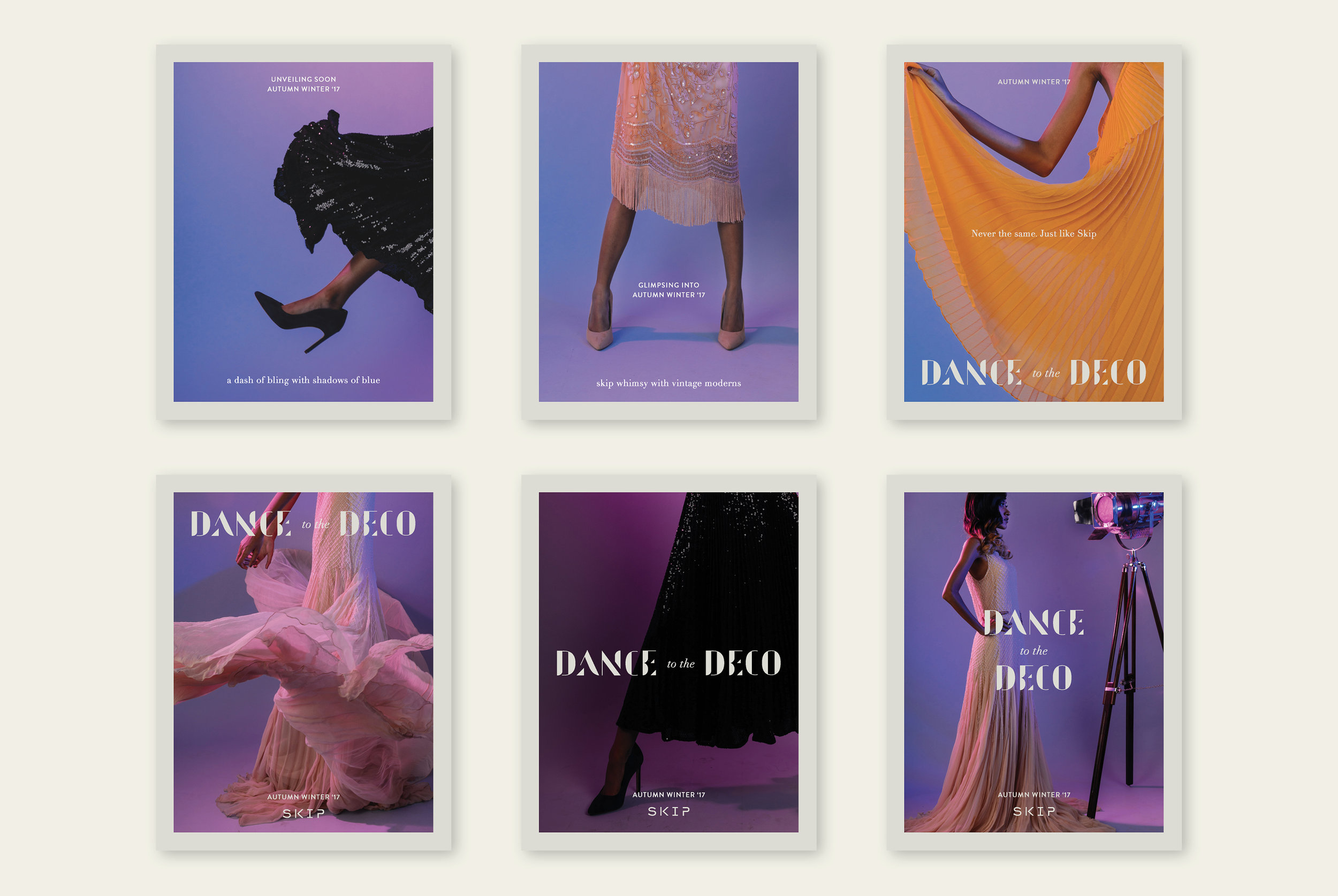
In the fiercely competitive landscape of the fashion industry, a brand’s visual identity is paramount. The logo, as the cornerstone of this identity, plays a crucial role in shaping perceptions, fostering brand recognition, and ultimately driving success. This article delves into the intricate world of fashion logo design, exploring its significance, key elements, and best practices.
The Importance of a Strong Fashion Logo
A well-crafted logo transcends mere visual appeal. It serves as a powerful communication tool, conveying a brand’s essence, values, and target audience in a concise and memorable manner. A compelling fashion logo possesses the following benefits:
- Brand Recognition and Differentiation: A distinctive logo helps establish brand recognition and sets a brand apart from competitors. In a crowded market, a unique visual identity is crucial for capturing attention and creating a lasting impression.
- Emotional Connection: A well-designed logo can evoke emotions and associations, fostering a deeper connection with consumers. This emotional resonance can translate into brand loyalty and positive perceptions.
- Brand Storytelling: Logos can act as visual narratives, conveying the brand’s story and values through symbolic elements, typography, and color schemes. This storytelling aspect contributes to building brand credibility and authenticity.
- Marketing and Communication: A strong logo serves as a versatile marketing asset, seamlessly integrating across various platforms, from social media and websites to packaging and merchandise. This consistency reinforces brand identity and enhances brand visibility.
- Increased Value: A well-designed logo can contribute to the overall perceived value of a brand. A visually appealing and memorable logo can elevate a brand’s image, attracting a wider audience and commanding premium pricing.
Key Elements of Effective Fashion Logo Design
Designing a successful fashion logo involves a meticulous process of considering various elements:
- Simplicity and Memorability: A good logo should be simple enough to be easily recognizable and memorable. Complex designs can be overwhelming and difficult to retain.
- Relevance and Brand Identity: The logo should reflect the brand’s core values, target audience, and positioning. It should be relevant to the fashion industry and resonate with the brand’s aesthetic.
- Versatility and Scalability: The logo should be adaptable to various sizes and applications, from small social media icons to large billboards. It should maintain its clarity and impact across different platforms.
- Color Palette and Typography: The choice of colors and typography plays a significant role in conveying brand personality and mood. Colors evoke specific emotions and associations, while typography reflects the brand’s style and target audience.
- Uniqueness and Originality: A truly memorable logo stands out from the crowd. It should be original and avoid clichés or generic imagery.
Design Strategies for Fashion Logos
Fashion logo design often involves employing specific strategies to effectively communicate brand values and aspirations:
- Minimalism and Abstraction: Minimalist logos utilize simple shapes, lines, and negative space to create a clean and sophisticated aesthetic. Abstraction allows for greater flexibility and interpretation, catering to a wider audience.
- Symbolic Representation: Incorporating symbolic elements related to fashion, such as fabric textures, sewing needles, or silhouettes, can add depth and meaning to the logo. These symbols can evoke specific emotions and associations with the brand.
- Typographic Emphasis: Typography can be a powerful tool for conveying brand personality and style. Bold and modern fonts communicate a sense of innovation, while elegant and script-based fonts suggest sophistication and heritage.
- Illustrative Approach: Illustrated logos can add a touch of whimsy and personality to a brand. They allow for greater creative freedom and can effectively convey a brand’s unique style and story.
- Modern and Contemporary: Fashion logos often embrace modern trends and aesthetics, utilizing clean lines, bold colors, and contemporary typography to appeal to a younger and more digitally savvy audience.
FAQs about Fashion Logo Design
Q: What are the latest trends in fashion logo design?
A: Current trends in fashion logo design favor minimalism, bold colors, and unique typography. Geometric shapes, abstract designs, and illustrative elements are also gaining popularity.
Q: How can I ensure my logo is memorable and unique?
A: Conduct thorough research on your competitors and target audience. Explore different design styles and experiment with various elements to find a unique and memorable combination.
Q: What are the common mistakes to avoid in fashion logo design?
A: Avoid over-complicating the design, using generic imagery, or neglecting the brand’s target audience. Also, ensure the logo is scalable and adaptable to different platforms.
Q: How can I find the right designer for my fashion logo?
A: Seek out designers with experience in the fashion industry and a portfolio that aligns with your brand’s aesthetic. Consider recommendations, online platforms, and design competitions.
Tips for Creating a Successful Fashion Logo
- Define Your Brand Identity: Clearly articulate your brand’s values, target audience, and positioning before embarking on the design process.
- Research and Inspiration: Explore successful fashion logos and gather inspiration from various sources.
- Collaborate with a Designer: Engage with a skilled designer who understands the nuances of fashion branding and can translate your vision into a compelling logo.
- Iterate and Refine: Be open to feedback and revisions throughout the design process. Experiment with different elements and styles to find the optimal solution.
- Test and Validate: Once the logo is finalized, test its effectiveness across various platforms and gather feedback from your target audience.
Conclusion
A well-designed fashion logo is a powerful tool that can elevate a brand’s image, foster brand recognition, and drive success. By understanding the key elements, design strategies, and best practices, fashion brands can create logos that resonate with their target audience, communicate their brand values, and contribute to their overall success in the competitive fashion industry.
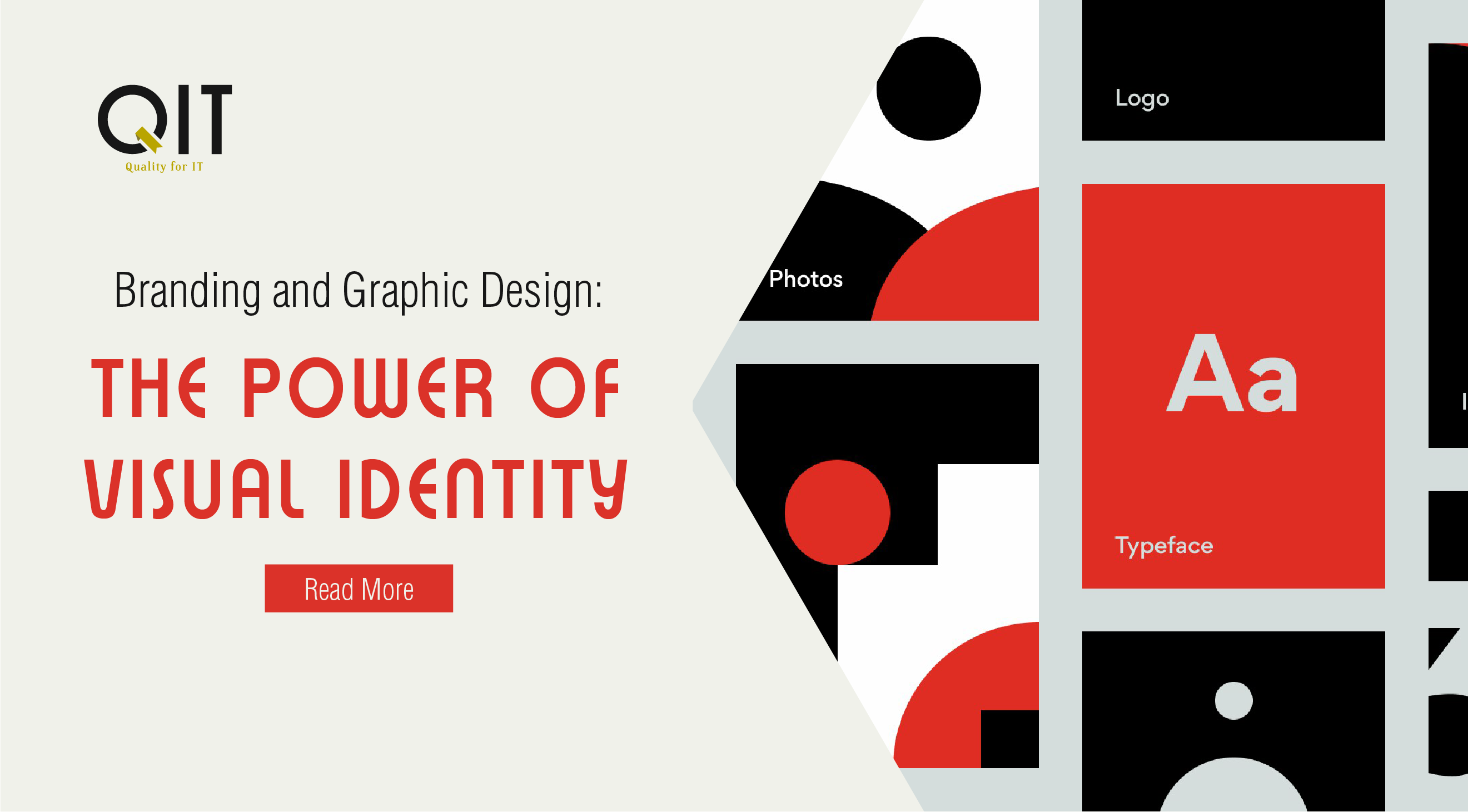

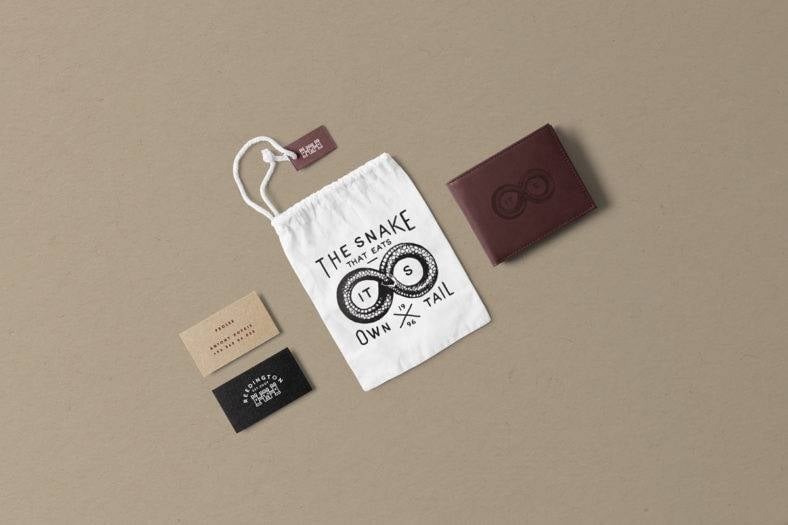

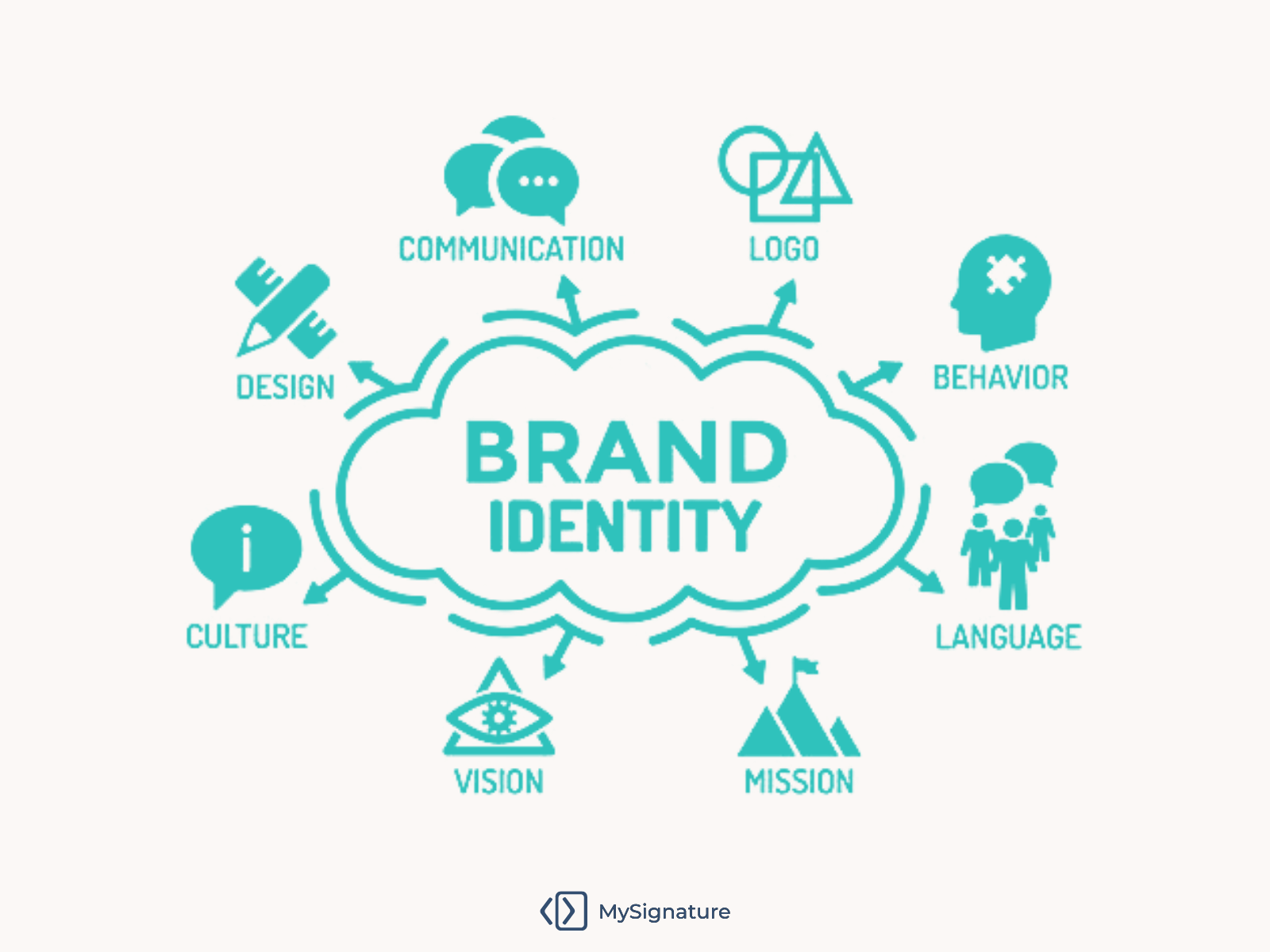


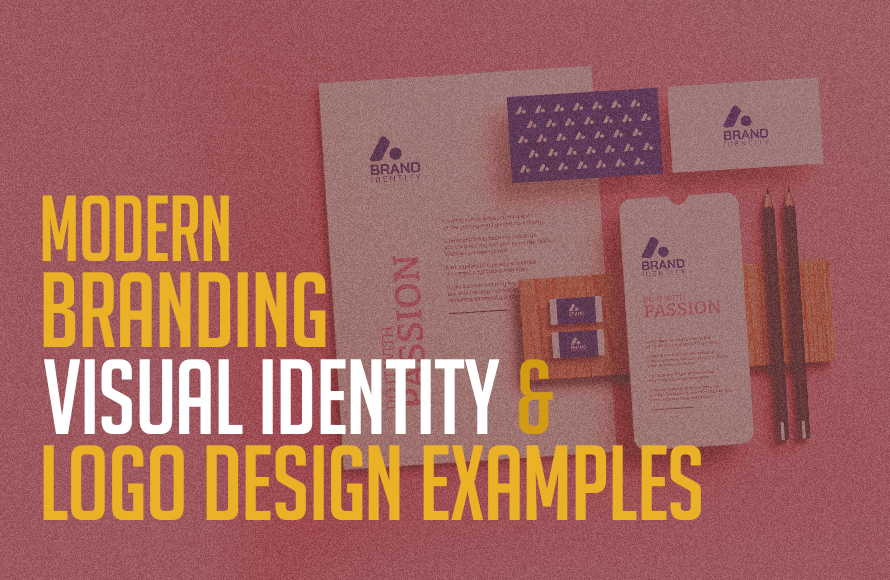
Closure
Thus, we hope this article has provided valuable insights into The Power of Visual Identity: A Deep Dive into Fashion Logo Design. We appreciate your attention to our article. See you in our next article!